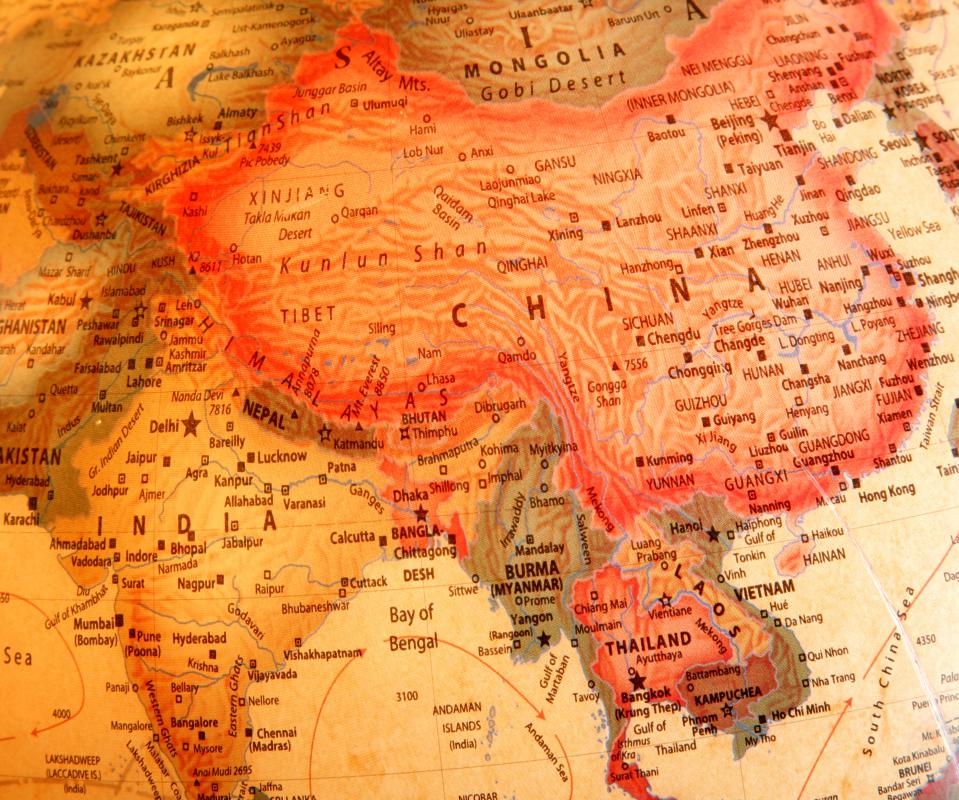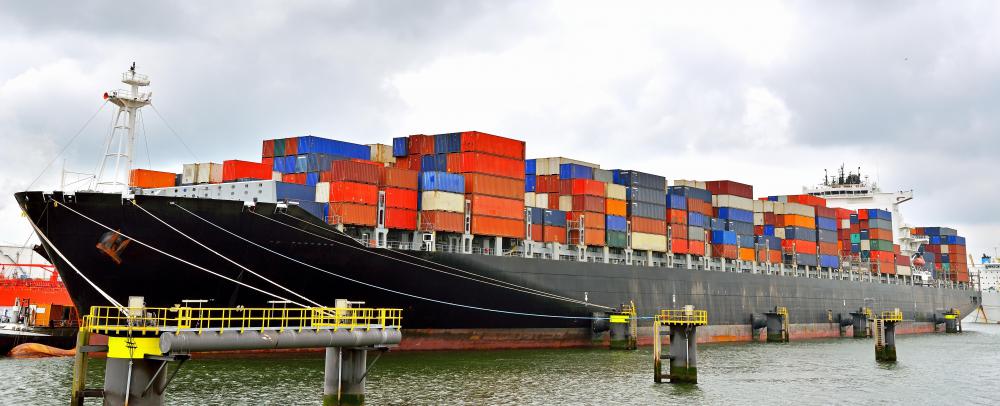At SmartCapitalMind, we're committed to delivering accurate, trustworthy information. Our expert-authored content is rigorously fact-checked and sourced from credible authorities. Discover how we uphold the highest standards in providing you with reliable knowledge.
What is International Trade?
Also known as foreign trade, international trade has been maintained since the dawn of time. Trading goods were transported on the backs of tradesmen across tribal boundaries, and bartered and sold among neighboring, and, hopefully, accommodating tribesmen. The Silk Road between Europe and Asia is one example of the sometimes beneficial, sometimes troubling essentials of international trade. Asian silks and spices were traded for European technology and weapons, with varying benefits and consequences.
Domestic trade is the purchase and sale of products and services within a particular nation’s borders, and is inherently limiting to a modern national economy. International trade, conversely, raises national gross domestic product (GDP) by providing vastly expanded economic opportunity. It is, therefore, incumbent upon the global economic community to promote fair trade between nations. In addition, the ability of nations to trade freely with all others is also vital for profits. Free trade, fair trade, and profits are the cornerstones of global economic well-being.

There is a somewhat cyclical nature to international trade. Poorer nations, able to provide cheap labor and lower production costs, are subservient to richer and more consumer-oriented nations. As the productive nations gain wealth through their productivity, the consumer nations are forced to become productive themselves through the transfer of their capital to the productive nation. Thus, the process is reversed. The burgeoning imbalance of trade between the United States and China is one example of the cycle where the consumer nation is becoming economically beholden to the producing nation.
International trade is most commonly recognized in the exchange of goods or products. However, trading services, such as expertise in a particular field, or the ability to facilitate the trade of goods, is another common form of foreign trade.

Trading capital on the foreign exchange market (FOREX) represents a third facet of international trade. Capital, or currency, held for foreign trade fluctuates in value hourly due to political, business, weather and other conditions and factors from nation to nation. Trading currency in the international market attempts to profit from the rising value of one nation’s currency through selling the lower value of another nation’s capital. Trading capital is also the amount of money designated by a trader to pay the costs of foreign trade, such as tariffs, subsidies, transportation, etc.
AS FEATURED ON:
AS FEATURED ON:













Discussion Comments
I don't think that international trade is very fair. Many nations can't even participate very actively in international trade because they lack the resources and institutions to make it happen. Or they do trade, but they only trade one resource which means that the entire economy of the nation relies on other countries willingness to buy that resource. Often times, these countries also make the calls about price. For example, several African nations trade in mostly coffee but the farmers get mere pennies for the coffee beans whereas the same coffee gets sold at least one hundred times the price in developed nations.
@anon15479-- International trade is fair at times and unfair at other times. It depends on the rules and regulations under which countries are trading. I'm referring to tariffs and similar trade barriers. These make it difficult for some countries to trade with a certain country. So when these barriers are in place, trade isn't very fair.
But the World Trade Organization (WTO) is constantly working to make trade more fair by settling disputes between trading partners and encouraging the removal of trade barriers. Trade would certainly be less fair without the work and efforts of the WTO.
It's hypocritical to talk about how developing, producing nations come to overtake developed, consumer nations. Of course, wealth is going to be transferred between nations and poorer nations are going to grow and develop their economy. It's all great when the US benefits from cheap labor and natural resources and makes a variety of products available to Americans at affordable prices. But when China uses its capital efficiently to encourage economic growth, it's a problem.
The thing that developed nations must understand is that international trade is done for the benefit of both trading partners. That's the whole point. If it only benefited one nation, it would be colonialism, not trade. So I think we can stop crying about how China has become economically strong and a major global power now.
is international trade a fair trade? how?
what are the factors contributing to international trade?
Very useful!
what are the benefits of international trade?
Post your comments